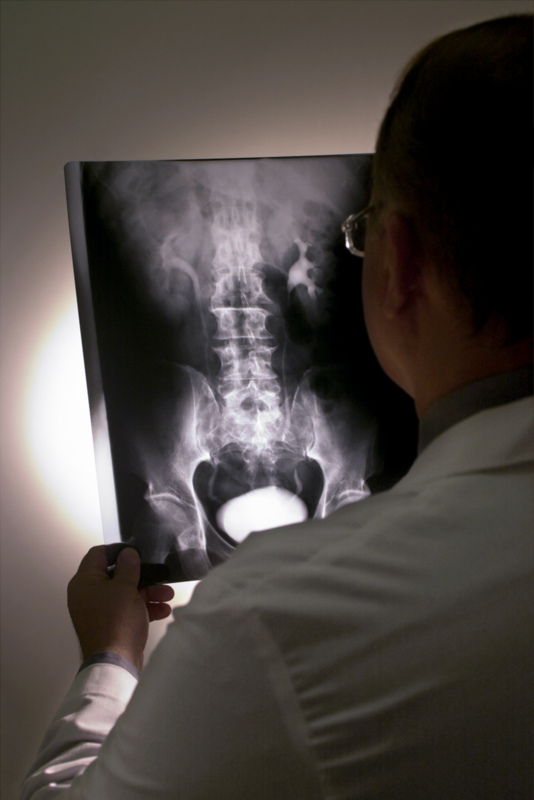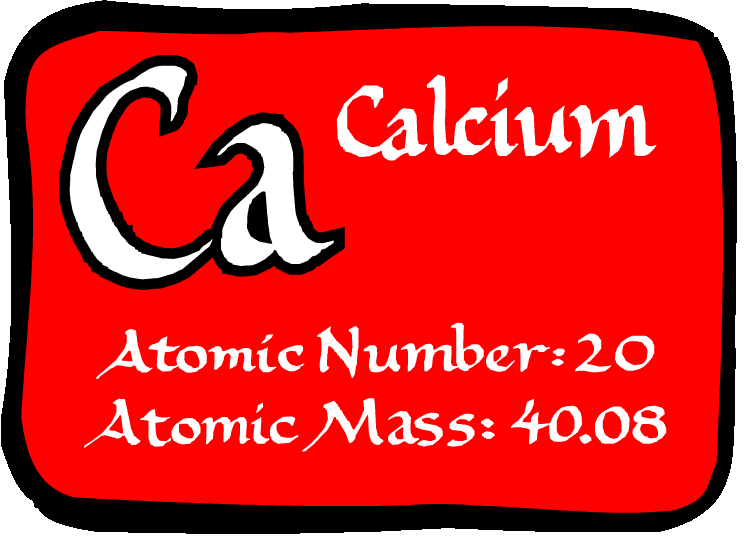Stay Informed
Popular Articles
- Hiatal Hernia: Hidden Cause of Chronic Illness
- Small Intestinal Bacterial Overgrowth (SIBO)
- Applied Lymphology: Unlocking the Secret to Pain Relief
- An Introduction to Constitutional Iridology
- The Low Down on Liver Detoxification
- An Energetic and Emotional Approach to Cancer
- Fat Facts
- Marrow in the Bones
- Blood Type and Nutrition
- Cardiac Herbs: Beyond Hawthorn
Quick Search
The School of Modern Herbal Medicine




Marrow in the Bones
- 7/28/2010
- Categorized in: Nutrition, Specific Health Problems
 "It shall be health to the navel, and marrow to the bones.” (Proverbs 3:8)
"It shall be health to the navel, and marrow to the bones.” (Proverbs 3:8)
In the religious tradition I grew up with the phrase “health to the navel, marrow to the bones” which was a symbolic representation of what it means to be blessed with good physical health. I have pondered this phrase and think that it contains deep symbolism about what is necessary for us to have good physical health.
Many natural healers stress the importance of the first part of this phrase, “health in the navel.” The navel (or belly button) sits directly over the small intestines and I believe this is symbolic of having a healthy digestive tract. Many of us understand that a major reason why people are sick is because they are constipated, suffer from intestinal inflammation and leaky gut or have other digestive problems. In other words, most people lack “health in the navel.”
Many of us can attest to the benefits of working on the digestive tract as a means of improving overall health based on our own experience. Digestive enzymes, probiotics, increased fiber and a periodic colon cleanse improve overall health and mood. Working on the digestive tract is especially valuable in clearing up depression, respiratory ailments (sinus problems, asthma, etc.), skin problems (acne, eczema, etc.), inflammatory diseases (arthritis, etc.) autoimmune disorders (fibromyalgia, Lupus, etc.) and even general aches and pains such as headaches and backache. So, it is very clear to me that “health in the navel” is a vital key to overall health.
Why Healthy Bones are Essential to a Healthy Body
However, even in the natural health field, most people fail to grasp the importance of “marrow in the bones” to overall health. That’s because we tend to think of bones as simply providing support for the body. We also tend to think of bones as static or fixed because we have also seen the rigid nature of dead bones.
However, both of these viewpoints are essentially wrong. First of all, bones do a lot more than structurally support the body, as we will discuss in this article. Furthermore, the bones in our body are living tissue and as such are constantly in a state of flux, breaking down and rebuilding themselves. So, with that understanding, let’s examine the importance of bones to our overall health.
The major reason bone health is critical to good health in general is that bones are the body’s mineral storehouse and minerals are the “dust of the earth” from which our body is made. Bones absorb minerals when they are available in the diet and release them as they are needed by other tissues. This is part of the reason why the structure of bones is always in flux.
Calcium Alone Doesn't Make for Healthy Bones
 Unfortunately, when people think about minerals and their bones, all most people think about is calcium. For example, I purchase natural cleaning products from a particular company. When I joined and made my initial purchase of cleaning products, they sent me a couple of free gifts. One was caramels made with calcium carbonate that were supposed to help you have healthy bones. (The other was protein bars sweetened with Splenda®.) I threw both of these products away.
Unfortunately, when people think about minerals and their bones, all most people think about is calcium. For example, I purchase natural cleaning products from a particular company. When I joined and made my initial purchase of cleaning products, they sent me a couple of free gifts. One was caramels made with calcium carbonate that were supposed to help you have healthy bones. (The other was protein bars sweetened with Splenda®.) I threw both of these products away.
I don’t know where people got the idea that all you need for healthy bones is calcium, but it’s a perfect example of the reductionistic thinking that characterizes our modern approach to health. (Calcium is being lost from the bones, so all you need to do is take more calcium.) Well, if you think like this, then I have some news for you—taking calcium, and especially calcium carbonate, isn’t going to give you healthy bones. In fact, calcium carbonate is more likely to give you bone spurs, kidney stones and increased plaque formation on your teeth, than it is to give you healthy bones.
Yes, calcium is the most abundant mineral in bones (and in the rest of the body, too), but bone is a storehouse of numerous other minerals, too. You can’t make bone with calcium alone. You need the right forms of calcium, fats, proteins and vitamins to assimilate it and many other minerals in order to produce bone. In fact, it is these other minerals that give bones their strength, flexibility and durability.
There are three more pages to this article. Use the links below to move to the next page.
